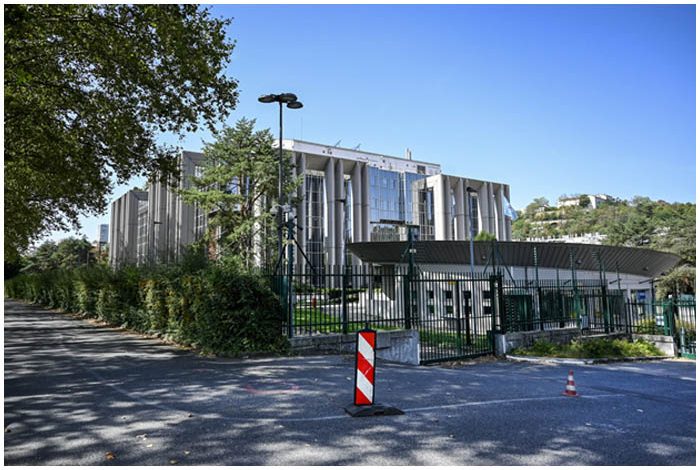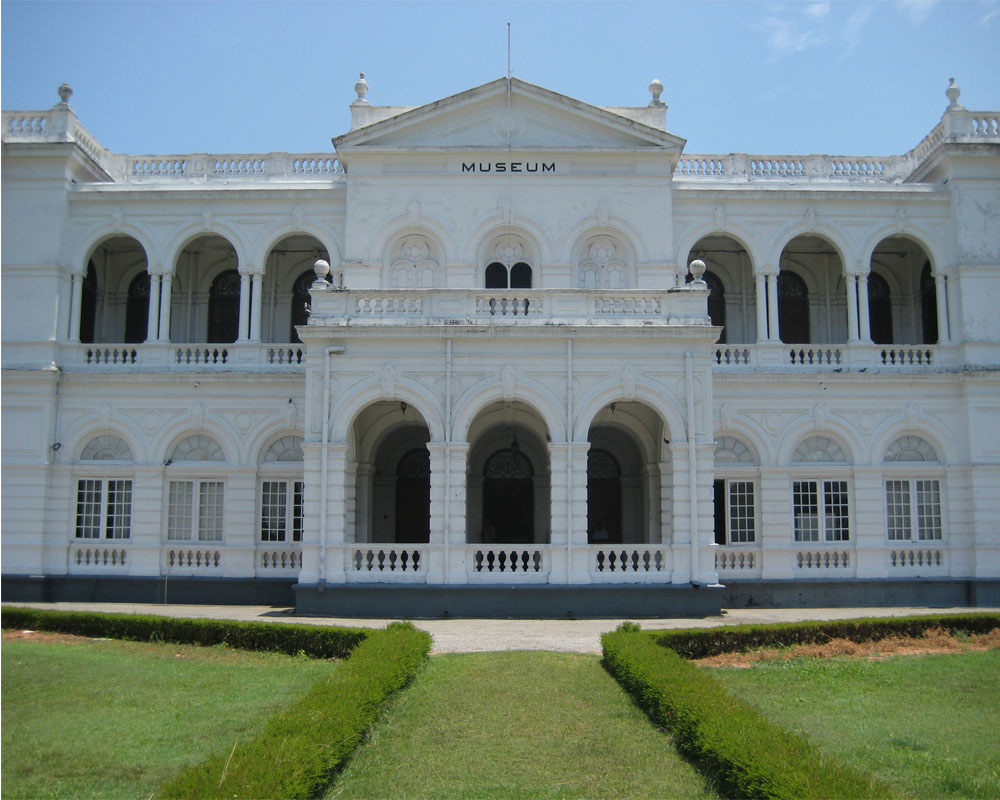Tracking Crime Across Borders: From Luxembourg to Interpol’s Global Reach
How one small package of heroin revealed the power of international policing and the century-long evolution of Interpol

In the lobby of a hotel in Luxembourg, several police officers sat quietly, blending in as ordinary guests. They waited for a tip-off to pay off — a small parcel, delivered by the postal service, held an unusual secret. When a Nigerian man approached the desk asking for his mail, he found himself surrounded by law enforcement.
The package had been hollowed out and filled with heroin. The man had not crossed borders carrying the drugs; the drugs had crossed borders themselves, hidden in the mail. Alone, the Luxembourg police could not have detected the wider operation. But by notifying Interpol, the case became part of a global intelligence network.
A computer specialist entered the details into Interpol’s vast database, linking “hollow book” smuggling methods across as many as thirty countries. Individually, the shipments were small, but collectively they represented a major transnational drug operation.
As Jean F. Blashfield explains in Crime That Crosses Borders, Interpol serves as the world’s police information hub, allowing local forces to coordinate when criminals move across nations.
Interpol: A Historical Perspective
The roots of modern detective work stretch back to François Vidocq, a former criminal who became France’s first professional detective in the early 19th century. Vidocq’s Sûreté established the model of gathering intelligence, tracking criminals, and recording behaviour — principles that would later underpin international policing.
In 1914, the First International Criminal Police Conference convened in Monte Carlo. Nations explored ways to share crime-fighting knowledge. Delegates, including Sir Edward Henry of London, introduced fingerprinting techniques, influencing policing worldwide.
The International Criminal Police Commission (ICPC) was founded in 1923 under Vienna’s police chief, Dr. Johann Schober, as an information centre rather than an operational force. Despite disruptions during World War II and Nazi control of the ICPC, the post-war revival restored the organisation in Paris, eventually moving its headquarters to Lyon, France.
By the 1950s, the creation of National Central Bureaux allowed Interpol to coordinate efficiently with member countries. Raymond E. Kendall, elected Secretary-General in 1985, modernised operations and launched initiatives such as the “10 Most Wanted” list, enhancing the organisation’s global profile.
Connecting Local Crime to Global Action
The Luxembourg heroin case illustrates why such coordination is vital. Criminals no longer operate within one jurisdiction. They exploit mail, cyberspace, and global travel, and even minor offences in one country can ripple across continents. Interpol’s system allows officers in York, Pennsylvania, or Singapore to detect suspects wanted elsewhere, track stolen passports, and prevent repeat offences internationally.
Blashfield emphasises that information is the most powerful tool in modern policing. Interpol does not make arrests; it empowers national forces with intelligence that would otherwise be impossible to gather.
Sidebar: Interpol Timeline & Key Figures
Year Event Key Figures
1809 Sûreté founded in Paris François Vidocq
1914 First International Criminal Police Conference Sir Edward Henry
1923 ICPC founded in Vienna Dr. Johann Schober
1946 Post-WWII revival Louis Ducloux
1956 Interpol official name adopted, Universal Declaration of Human Rights incorporated —
1985 Raymond Kendall elected Secretary-General Raymond E. Kendall
2025 Luxembourg heroin case highlights global intelligence network Interpol & Luxembourg police
From Vidocq’s Paris detective bureau to a sophisticated network connecting 181 countries, Interpol demonstrates the evolution of policing in a globalised world. Cases like the Luxembourg heroin operation highlight its relevance: one nation cannot fight transnational crime alone, but together, they can track, prevent, and disrupt criminal activity across borders.
As Blashfield notes, the organisation’s century-long journey is a testament to collaboration, information sharing, and the enduring pursuit of justice.






